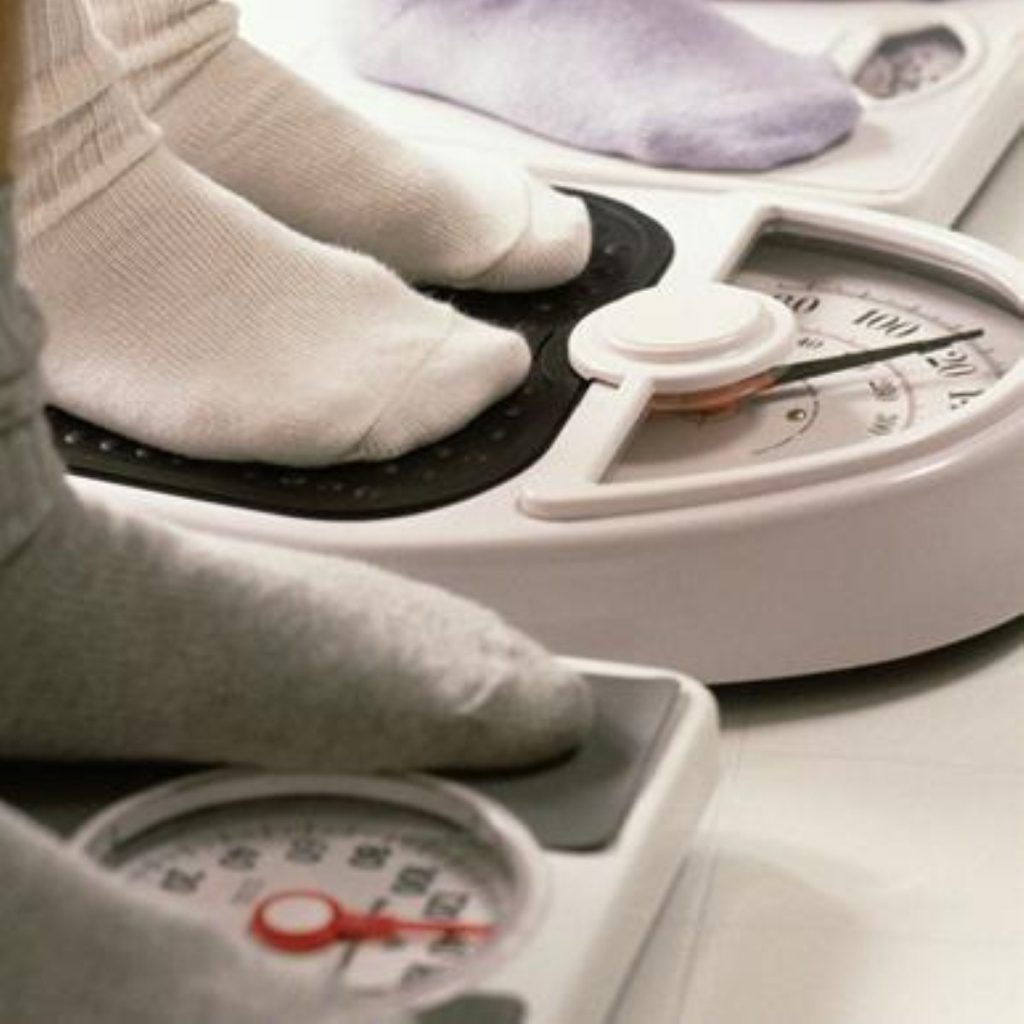Britain heading for obesity epidemic
The UK is heading toward an obesity epidemic according a new report released by government think tank Foresight today.
The report, Tackling Obesities, argues individuals cannot be held responsible for their own obesity and, consequently, the government must take dramatic action to counter the trend.
In 2002, it is estimated obesity drained nearly £7 billion from the UK economy , in terms of reduced productivity and loss of earnings, as well as through increased spending on benefits and the additional strain placed on the NHS.
However, Foresight predicts the trend is set to get much worse.


According to current trends, the group estimates 60 per cent of adult men will be clinically obese by 2050, as well as 50 per cent of adult women and 25 per cent of all children.
David King, the government’s chief scientific adviser and head of Foresight announced the findings today, saying: “Foresight has for the first time drawn together complex evidence to show we must fight the notion the current obesity epidemic arises from individual over-indulgence or laziness alone.
“Personal responsibility is important, but our study shows the problem is much more complicated.
“It is a wake-up call for the nation, showing that only change across many elements of our society will help us tackle obesity.”
Indeed, Mr King regards obesity as almost inevitable in modern society.
He explained: “Stocking up on food was key to survival in prehistoric times, but now with energy dense, cheap foods, labour-saving devices, motorised transport and sedentary work, obesity is rapidly becoming a consequence of modern life.”
And, as the trend accelerates it is set to cause untold damage to the British economy.
It is estimated the epidemic could cost some £45.5 billion a year by 2050, if rates of obesity continue to increase, due to the detrimental social and health effects.
Foresight predicts a large increase in chronic diseases, including particularly type-2 diabetes, strokes and coronary heart disease and also cancer and arthritis.
The think tank argues the current trend has only been developing for 30 years and that it will take a similar length of time to reverse the tide of obesity.
It will, however, be a monumental challenge according to the organisation.
The report suggests: “A bold whole system approach is critical – from production and promotion of healthy diets to redesigning the built environment to promote walking, together with wider cultural changes to shift societal values around food and activity.
“This will require a broad set of integrated policies including both population and targeted measures and must necessarily include action not only by government, both central and local, but also action by industry, communities, families and society as a whole.”
The government has welcomed the report and admits, while it is making progress, more needs to be done.
Public health minister, Dawn Primarolo said: “We have made progress with improved physical activity levels at school, healthier school food for children, clearer food labelling and tougher restrictions on advertising foods high in fat and sugar to children – but we know that we need to go further and faster.”
Action has also been promised.
Ms Primarolo concluded: “There is high-level cross-govt commitment to addressing the challenges raised in the report, and we will provide the leadership, vision and sustained commitment required to help start this cultural and societal shift.”

